Tooth sensitivity is one of the most common dental problems characterized by a sudden, sharp pain that is aggravated by particular substances or temperatures, but typically resolves itself rapidly. While tooth sensitivity is a common problem, it is not always easy to pinpoint its cause. Sometimes it is a result of the way you brush your teeth or floss, or it may be due to tooth decay or gum disease. If you have a sudden, sharp pain in your teeth that lessens or goes away after a short period of time, chances are that you are experiencing tooth sensitivity.
Here are some causes and ways you can relieve tooth sensitivity.
1. Eroded enamel
When your tooth enamel is lost, the dentin exposed results in greater tooth sensitivity. That is the reason teeth require just as much protection from foraging enamel as possible. Practice rigorous oral hygiene by brushing and flossing daily to prevent enamel erosion. See your dentist frequently to avoid tooth decay and deterioration.
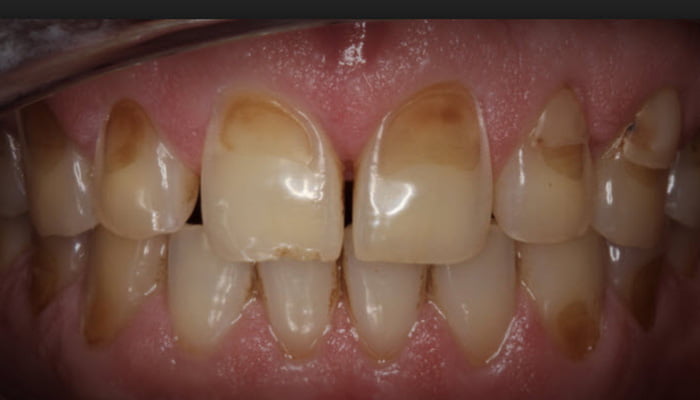
2. Tooth decay
The acids produced by bacteria on the surface of teeth can damage tooth enamel, leading to biting sensitivity and pain. Therefore, it’s vital to keep routine dental care and not consume sugary foods, which serve as regenerators of oral bacteria.
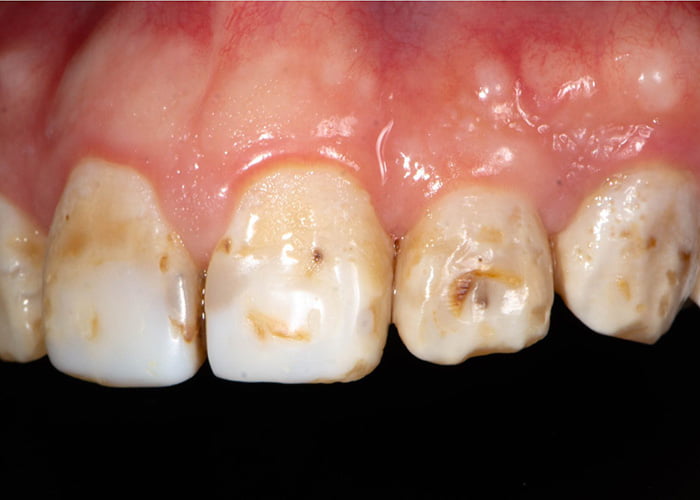
3. Cracked teeth
If you have a weak or broken tooth, you may be at risk for inflammation. This is because bacteria can seep into the tooth and cause trouble. If you have an inflamed tooth, it may be difficult to eat or drink, and you may experience pain. If you think you may have an inflamed tooth, it is important to see a dentist as soon as possible for an evaluation.
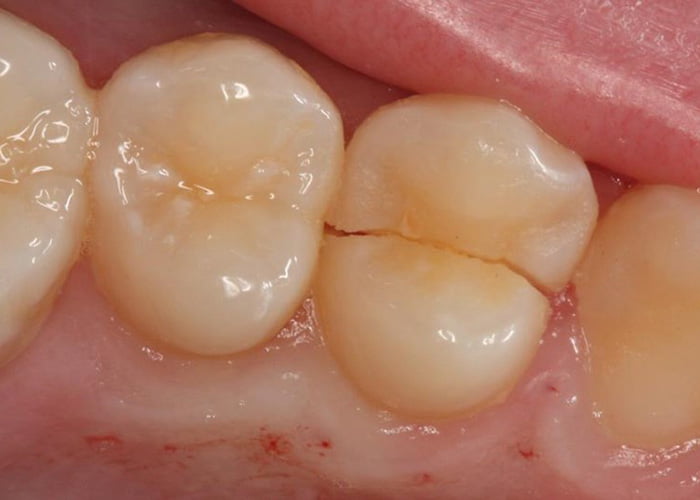
4. Bruxism (teeth grinding)
Grinding your teeth can cause damage to the enamel of your teeth and result in sensitivity. Address the anxieties causing you to grind your teeth or talk to your dentist about getting a protective mouth guard or splint. In severe cases, you might get Botox to reduce your pain levels, in addition to restorative dentistry for damaged teeth.
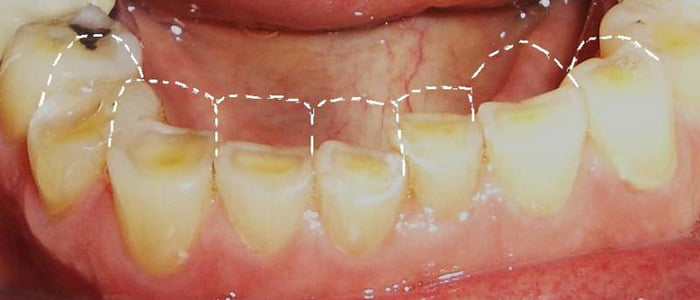
5. Gum recession
When your gums pull away from your teeth, the root is exposed. The tooth root does not have enamel for the body to protect it, so it is much more sensitive than the rest of our teeth. Gum recession often occurs with age, but it can be a sign of gum disease, too, since it was caused by brushing too hard or using a tough-bristled toothbrush.
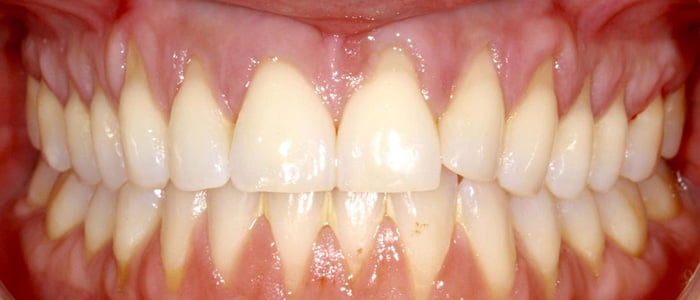
6. Brushing too hard
Many people think that the harder they brush their teeth, the cleaner they will be. However, brushing too firmly or using tough-bristled toothbrushes can actually break down the enamel or stimulate tooth recession.
If you’re worried about damaging your enamel, there are a few things you can do to protect it. First, use a soft-bristled toothbrush and gentle strokes when brushing. Second, avoid using abrasive toothpastes or mouthwashes. And finally, see your dentist regularly for professional cleanings and checkups.
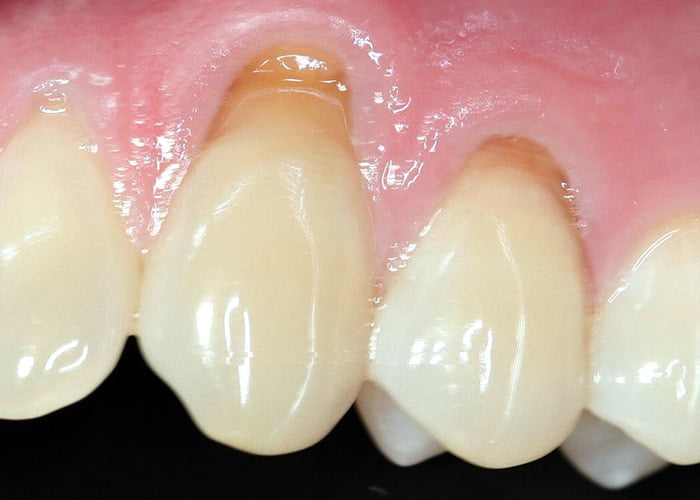
7. Using a whitening toothpaste
Whitening toothpastes have become increasingly popular in recent years as people seek ways to achieve brighter smiles. While these toothpastes can be effective at removing stains, they also contain abrasives that can cause sensitivity.
To make sensitivity stops, consider using a desensitizing toothpaste, or see your dentist to obtain a desensitizing sealant.
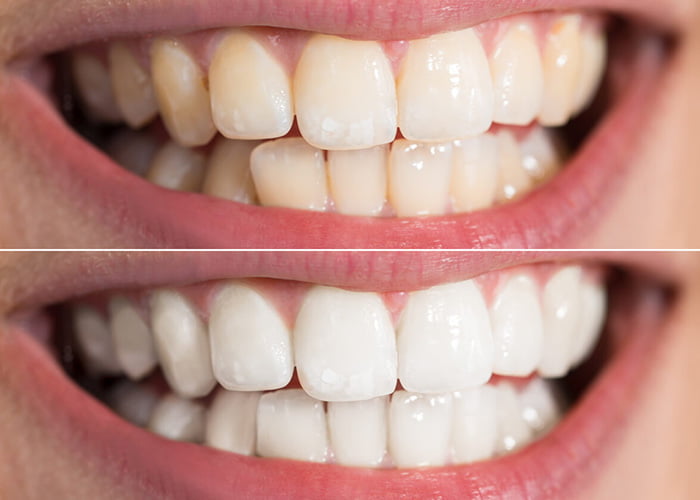
8. Long-term use of mouthwash
Some over-the-counter mouthwashes contain chemicals that can weaken your enamel, thus weakening your teeth. For a fluoride mouthwash, choose a different option or choose to skip it altogether. Mouthwash is not a necessity so long as you practice good dental hygiene by brushing and flossing regularly.
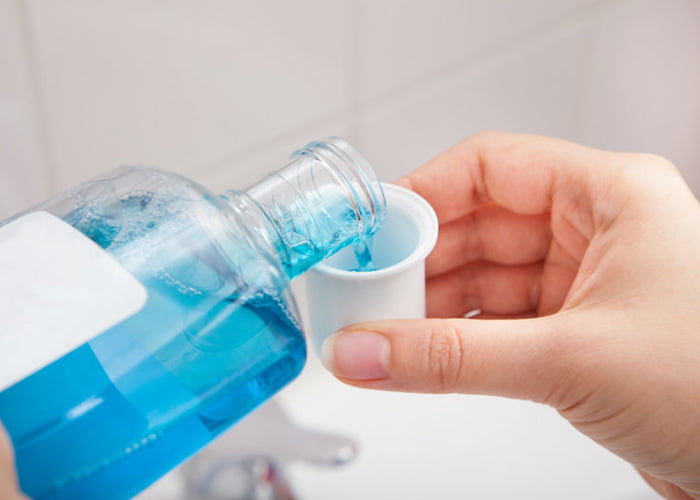
9. Acidic food
Avoid acidic food, like soda, sour candy, and alcohol, which can erode enamel, increasing the likelihood of sensitivity. Instead, opt for fruit, vegetables, cheese, yogurt and water, which support a healthy mouth. If you do end up consuming acidic food, don’t brush your teeth right after, when your enamel is weakened by the acid, but wait at least an hour.
Choose fruit, vegetables, cheese, yogurt, and water that is absent of acid. Avoid soda, sour candy, and alcohol which can erode enamel and harm your teeth. Don’t brush your teeth immediately after eating acidic food, but rather wait at least an hour.
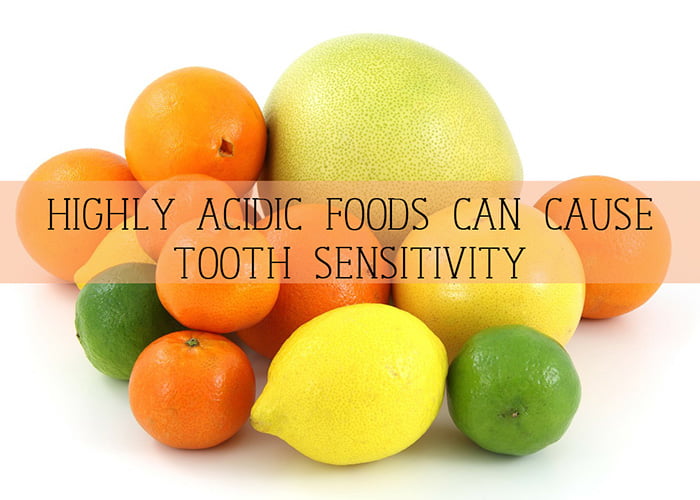
10. Sensitivity after dental treatment
Teeth may be sensitive after undergoing a teeth whitening procedure, professional cleaning, and tooth restoration procedures. These side effects will often dissipate within 2 to 4 weeks. If they continue to persist, contact a dentist; it may be a sign of an infection.

See Dentist For Life
Looking for an experienced and trusted dentist in Marysville, Ohio? Look no further than Dentist For Life! We provide comprehensive dental care for patients of all ages. We take a wide variety of insurance plans and are currently accepting new patients. You can reach us at (937) 707-1111 or schedule your appointment online here.



